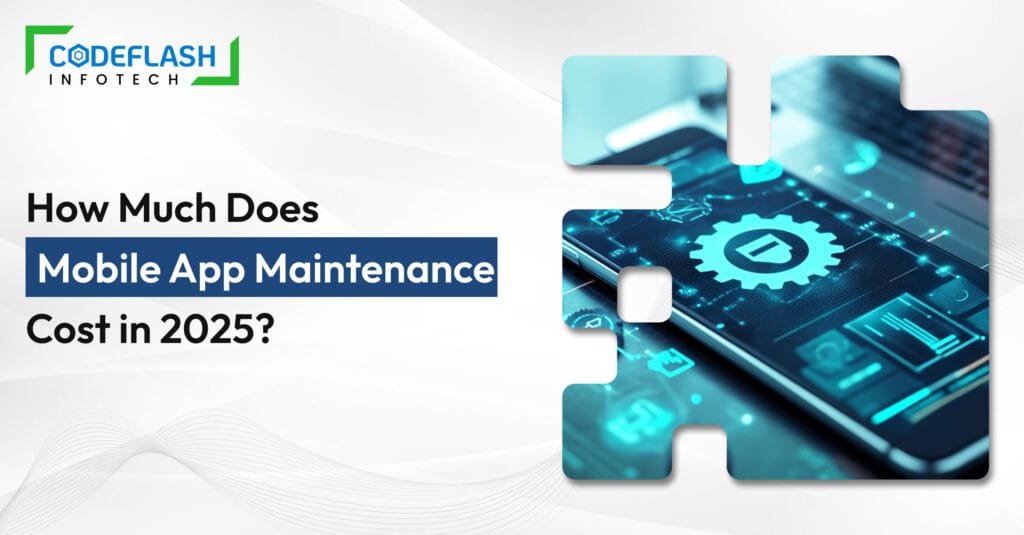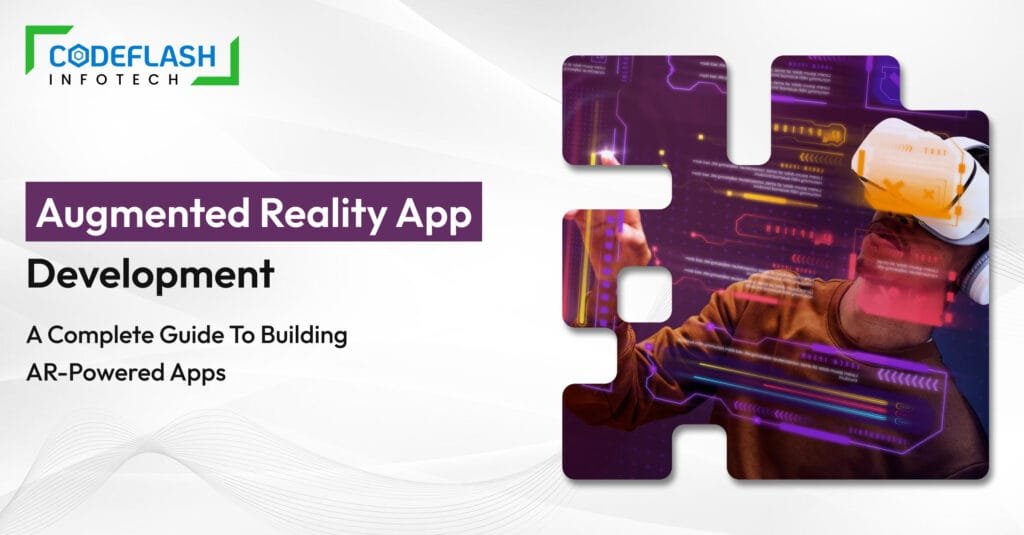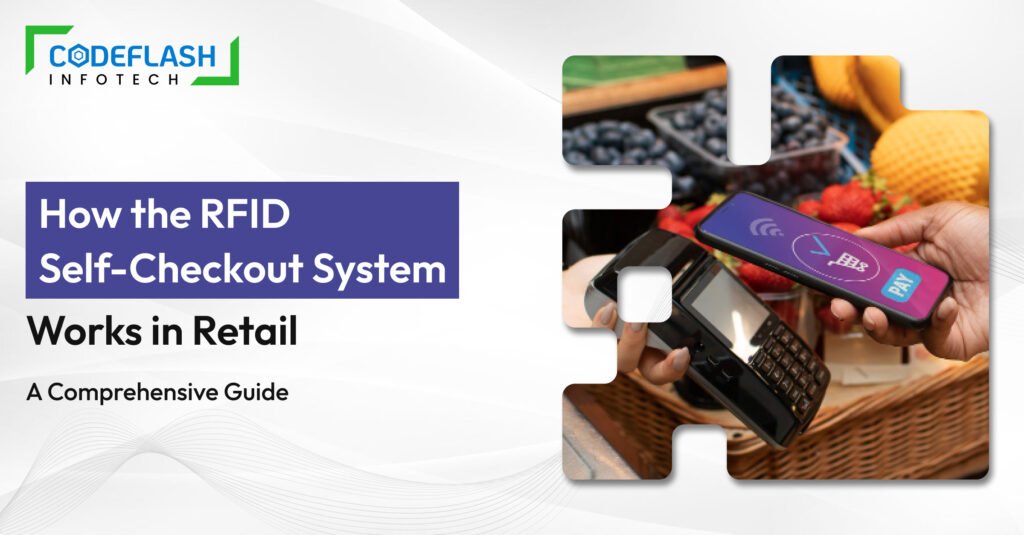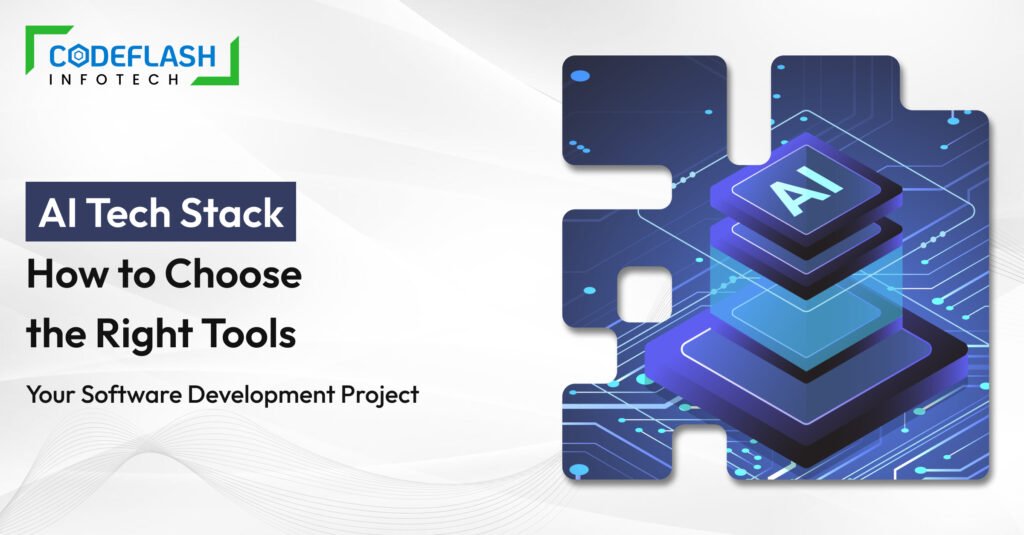
Bus Ticket Booking App Development
Guide For You To Maximize ROI
10 JUNE
Many apps released recently have revolutionized the planet. These programs allow the public to reduce the time spent on a given task. One such app is the bus ticket booking app solution. These days, developing mobile applications is necessary for all industries. It’s as easy as offering various firms cutting-edge, beneficial applications. Looking through the different application categories in the Google Play store will help you get to know them better.
There are also many customized applications available on the market. They exist only to make people better off. Because of this, many programs are available to satisfy users’ fundamental ticket-buying requirements.
These smartphone apps for bus ticket booking focus on convenience. They aim to increase the highlights’ visibility and facilitate easier program use. Numerous companies that build mobile applications for bus ticket booking are available to assist with client administration. Many bus tickets are for sale. Codeflash, a leading
Taxi Booking App Development Company in India, creates these applications, especially for travel agents and businesses considering using mobile apps for online bus booking.
What is an app for booking bus tickets?

Top Bus Ticket Booking System Features
Features are the building blocks of any application since they collectively specify its overall goal. When creating an online bus ticket booking app, there are various aspects that users will look for. Here’s a quick overview of the multiple elements that can assist you in creating a solid bus booking app:
- Enrollment and Registration
Before utilizing a bus booking app, the user must receive an invitation to proceed with the registration process. Consider incorporating several registration alternatives into your application to enhance the registration process’s efficiency. The application should enable users to create a profile by retrieving information from their Google and social network accounts and allowing them to input the information manually. - Query input field
Even with the abundance of buses in operation, users should be able to locate a specific bus route at a particular time. To facilitate this, the system should provide a search bar that aids users in finding their desired routes at specific dates and times. This feature helps the intended audience choose and reserve the bus. - Arranging and refining
The sorting and filtering feature allows customers to refine their search for bus types and categories based on their preferences. For example, one might utilize the filter to search for air-conditioned buses, sleeper facilities, or luxury buses. Simultaneously, sorting facilitates the identification of buses that offer services to specific boarding and dropping locations. - Allocation and choice of seating arrangements
The application’s name function provides the bus seating map. The user can manually choose seats based on price distribution or personal taste. The map must include a numbering or tagging system to facilitate passengers’ ability to locate their seats upon entering the bus. This functionality should also be able to deliver up-to-the-minute data regarding seat availability. - Termination
The Cancellation function enables users to terminate their reservation before the commencement of the travel. This feature enhances the dependability of users on the app, hence establishing a dedicated user base for the application. Nevertheless, specific guidelines for cancellation are imperative to avoid unnecessary abandoned shopping carts. - Changing the date or improving
Additionally, providing a provision for rescheduling bus tickets is imperative if the users’ plans change. This functionality facilitates the modification of the departure date and time. Similarly, the upgrade option enables the user to switch their current seating category to a higher-quality one, provided that the seats are accessible. - Online payment processing systems
Robust and reliable payment channels are essential for an online bus ticket-buying application. This functionality enables users to make secure payments for their appointments, eliminating any potential risks of data breaches or hackers. - Evaluation and critiques
Users should be able to provide feedback and ratings for their bus travel experience. Here, passengers can discuss the bus conditions, services, and crew behavior, guiding other passengers to consider booking their route. The rating and review tool enables the bus owner to evaluate the customer experience and subsequently implement any necessary adjustments. - Intuitive interface
Bus booking applications are intended to be included in the daily routines of ordinary individuals needing advanced technological skills. Therefore, it is crucial to create an interface that is easily understandable and accessible to all users, facilitating the booking of bus tickets. The most accessible interface should have options such as pickup point, dropping point, boarding, date, seat maps, routes, and availability. - Electronic ticket
This functionality within the bus ticket reservation application produces an electronic ticket for passengers, which they can present when boarding the bus. An e-ticket verifies travel information and reservation status, enabling users to make appropriate plans. - External APIs
Your application will not operate purely to increase your business and revenue. It will require integrating with bus operator APIs to acquire up-to-date timetables and ticket availability. Alternatively, it could incorporate payment gateways. - Testing, deployment, and refinement
Testing is an essential stage of the ticket booking app development process as it enables a thorough examination of all the features, functionality, and security elements. A group of testers performs automatic and manual tests for cLive bus monitoring. The bus tracking tool enables users to monitor the movement of their fleet in real-time. This factor plays a crucial role in determining the exact arrival and departure time in the event of a schedule change caused by weather or technical problems. - Instant messaging interfaces
The chat window facilitates communication between the bus operator and passengers, allowing them to exchange and respond to various inquiries. Chatbots combined with artificial intelligence (AI) improve the user experience by quickly presenting them with solutions.
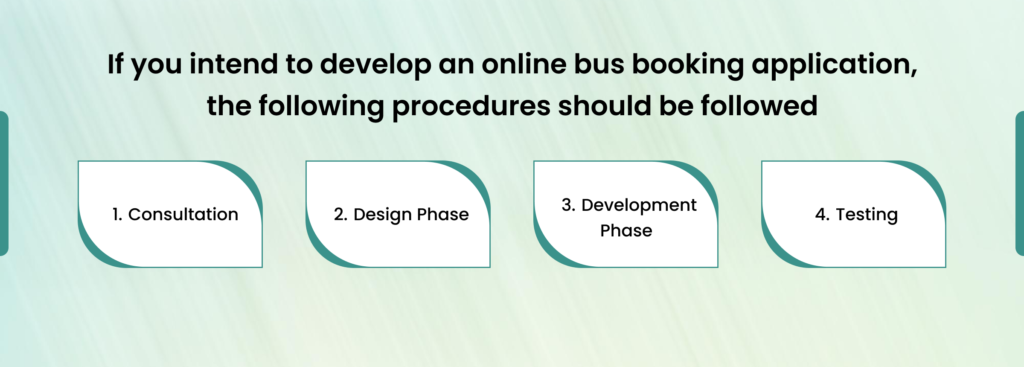
Guide to Developing a Bus Ticket Booking Application - Step-by-Step
Creating a top-notch bus ticket booking application requires a clearly outlined procedure. The process varies significantly among companies specializing in developing bus booking applications. Nevertheless, this procedure is usually divided into multiple pivotal steps that serve as markers throughout the process.
If you intend to develop an online bus booking application, the following procedures should be followed:
- Consultation
Think of this as the initial planning meeting. You will work with the app development business to establish the strategic plan for your project. As a business analyst, your dedicated IT Consultant will work closely with you. We are a ticket booking app development company aiming to comprehend your idea fully. This will facilitate transforming your vision into specific and tangible requirements. Here is the topic of discussion:- Specifications for the project
- Intended demographic
- Requested Characteristics
- Time and cost of development
- The Phase of Design
- Design phase
It is now time to create your app visually. The UI/UX design phase is dedicated to developing the application’s user interface (UI) and user experience (UX). Our best UI designers develop prototypes that graphically depict the app’s aesthetics and user experience. The UX wireframe will primarily emphasize the app’s flow, offering a view of the customer’s journey. It incorporates seamless navigation, readily accessible information, and user-friendly features throughout the bus ticketing application.The design phase will provide insights into the influence of various features on the user experience of the mobile ticketing app. For instance, the UX wireframe will enable you to visualize the customer’s journey, from searching for a bus ride to adding specific details and ultimately making a booking.
An experienced ticket-booking app development business specializing in building unique user interfaces and UX wireframes can assist you in comprehending the app’s functionality. After finalizing the design of the bus booking app, the subsequent task will involve its development.
- Development Phase
Based on the design, our dedicated developers for hire develop a shippable version of your bus ticket booking app called the “Minimum Viable Product (MVP).” This enables you to comprehend the functionality of the booking system’s fundamental aspects and obtain vital input from users regarding their initial usage experience. In addition, the process proceeds as follows – once a finished design is established, it is time for the app development team to take action. This is the place where genuine enchantment occurs. The development phase encompasses:- Programming
- Implementing integration with external Application Programming Interfaces (APIs)
Regarding your situation, the team responsible for developing your bus ticketing system converts the mutually agreed-upon features and functionalities into computer programming code. Your application gradually becomes operational, with each line of code contributing to its functionality.
- Testing
Regarding the absence of any software defects. Testing is beneficial for understanding how the app functions on various platforms, environments, and scenarios. After every new release, quality assurance teams do regression tests to ensure no new issues are created due to the upgrade. Once the program has been tested, it is deployed using CI/CD pipelines to ensure a smooth and efficient deployment process. The complete process of testing, deploying, and refining the bus ticket booking application facilitates the attainment of ongoing enhancement.
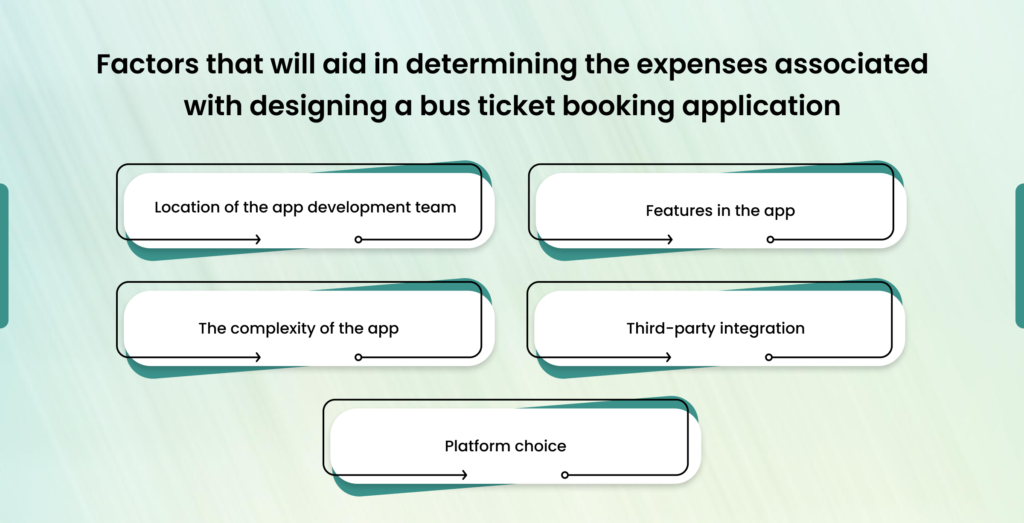
Projected Expenses for Developing a Bus Ticket Reservation Application
Various factors, including hirect and indirect expenses, heavily influence the costs of developing a bus ticket booking app. Attaching a fixed price tag to app development is not feasible, as it will vary with each decision you make.
Below are a few factors that will aid in determining the expenses associated with designing a bus ticket booking application:
- Location of the app development team
Teams from different locations significantly influence the total development cost of the software. Hiring a bus ticket booking software development team from the USA will cost more than twice that of hiring an Bus Ticket Booking App Development team from India. - Features in the app
Features increase the cost of app development. As the number of features increases, the dollars in the bill also keep growing. - The complexity of the app
Developing an application incorporating features like AR/VR, artificial intelligence, and machine learning can be much more expensive. - Third-party integration
third-party services integration like maps, payment gateways, and other APIs also impacts app development costs. - Platform choice
Developing an app for Android and iOS is different when considering the cost.
Similarly, an app on both platforms will have a different price.
Nevertheless, the typical expense of building a bus booking application with all essential features is between $25,000 and $150,000.
Conclusion
The bus ticket booking market is experiencing significant growth, making it an opportune moment to get involved. By developing an app that is easy to use and includes valuable functionalities, you may access a large market of passengers that prioritize convenience.
Keep in mind that creating a good bus ticket booking system requires a significant amount of time and effort. Bringing your vision to reality needs meticulous planning, a strong emphasis on user experience, and an experienced full-stack development team.


